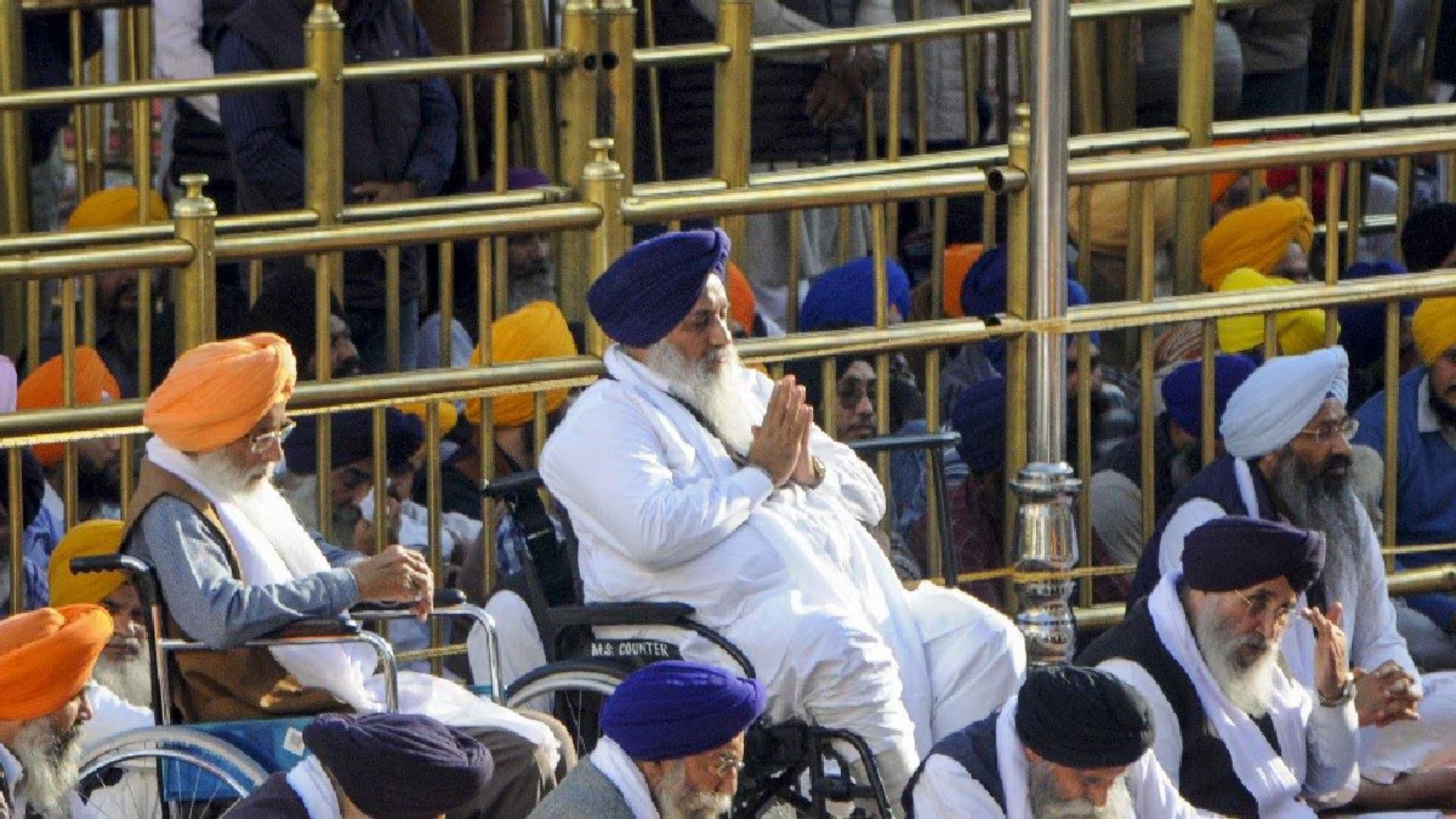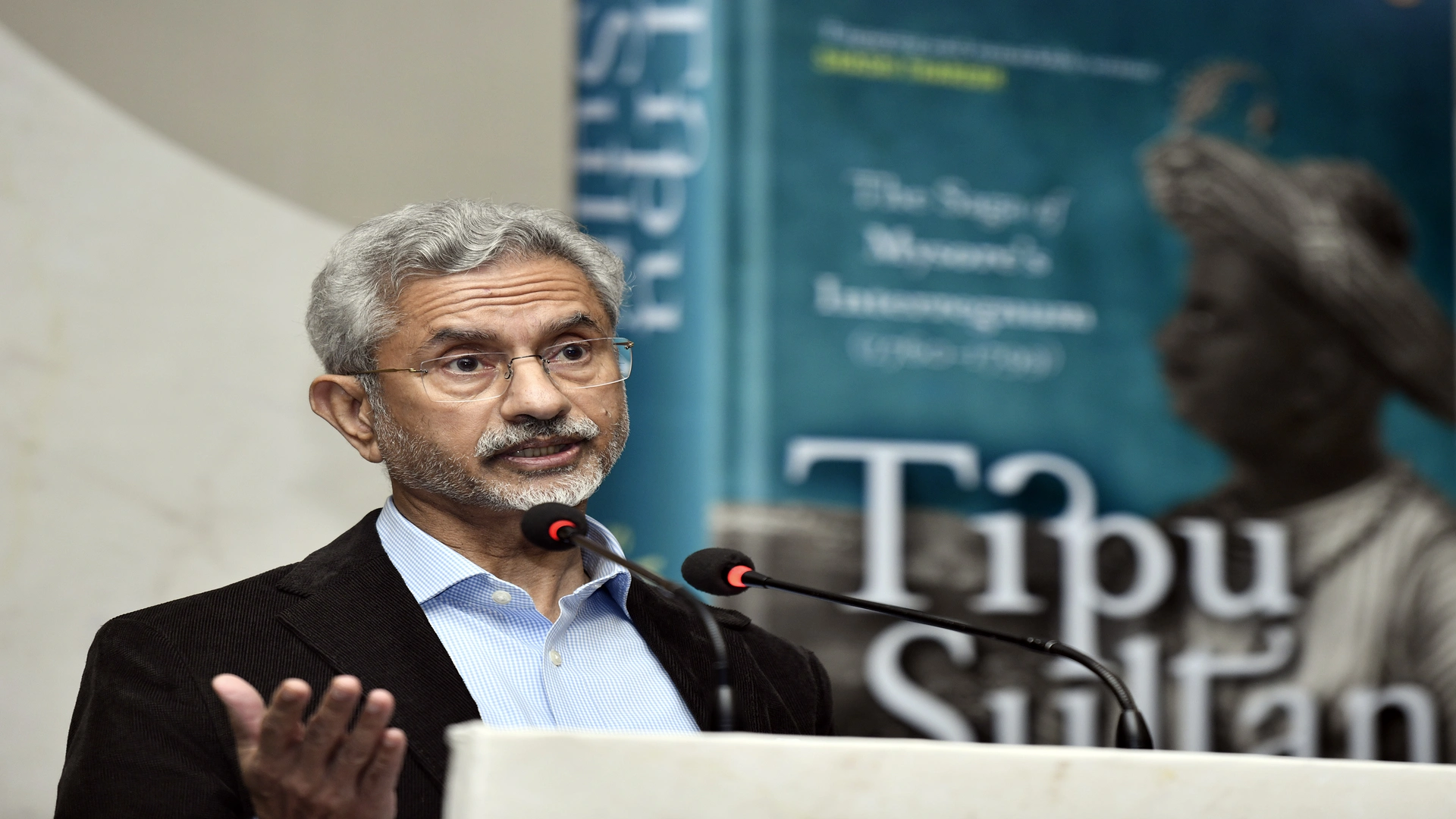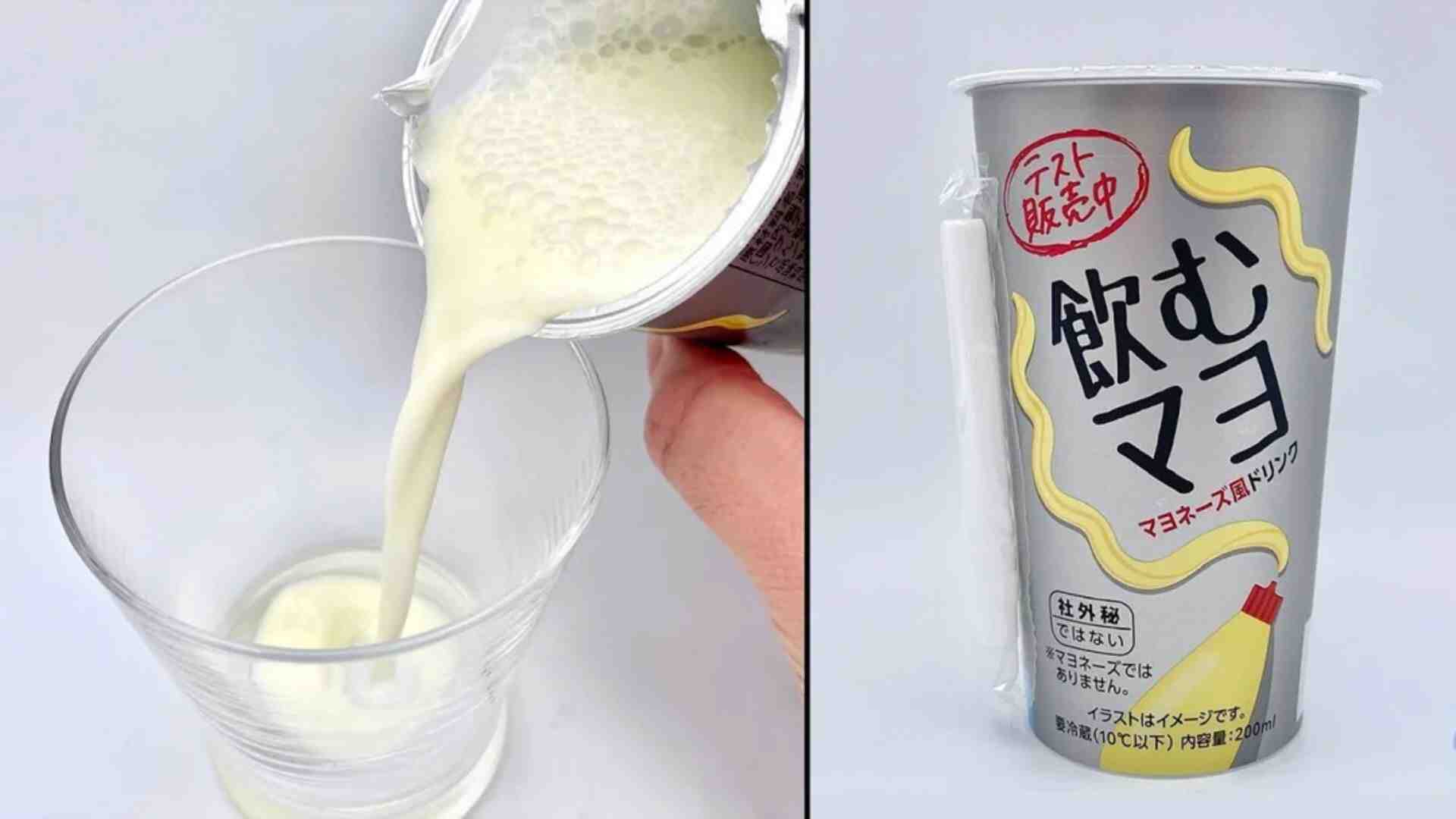
In a recent BBC investigation reports came out that tomato purees sold in UK supermarkets as “Italian” may, in fact, contain tomatoes grown in China under forced labour conditions. The probe, which tested several products from major UK and German retailers, found that 17 items, including own-brand labels from Tesco, Asda, and Waitrose, could be linked to tomatoes from Xinjiang, a region in northwest China notorious for its reported use of forced labour, particularly involving Uyghur and other Muslim minority groups.
The findings came after testing by Source Certain, an Australian company specializing in origin verification, which analyzed the unique “fingerprints” of tomatoes by studying trace elements from water and soil. While many products contained genuine Italian tomatoes, the investigation uncovered that some, notably those produced by Italian company Antonio Petti, contained tomatoes of Chinese origin. Petti, which supplies tomato products to supermarkets across Europe, was also implicated in undercover footage where a manager admitted to using Chinese tomatoes.
The investigation’s findings have led some supermarkets, such as Tesco and Lidl, to suspend supply or withdraw affected products. Others, including Waitrose and Morrisons, have disputed the results, citing internal testing.
This issue highlights the complexities of regulating global supply chains and has raised concerns about the adequacy of current oversight systems. Anti-Slavery International criticized the UK’s Modern Slavery Act, stating it is not fit for purpose, and called for stronger measures to ensure such products are not sold in the UK.















